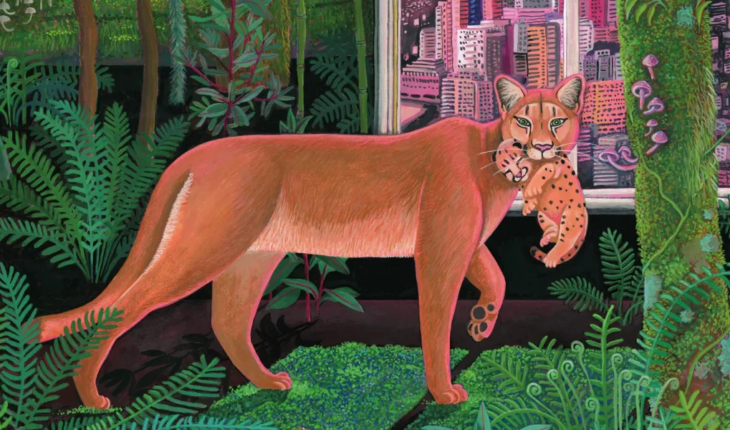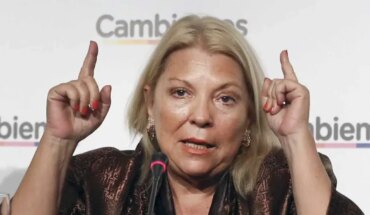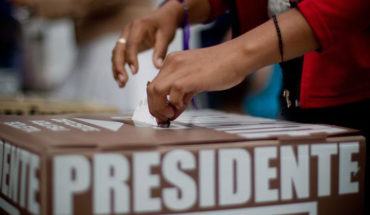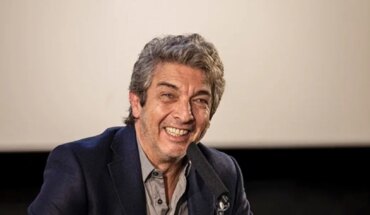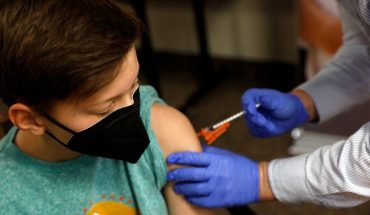The Santiago Wild Film Festival returns, a pioneering event in Latin America, which seeks to promote the audiovisual industry on the natural history and environment of the region. Organized annually by Ladera Sur, a Chilean media dedicated to addressing everything about nature, conservation, environment and science, among others, in its 3rd edition the festival will reward the best documentaries in the continent. With prior registration and free of charge, it can be enjoyed online throughout Latin America from March 23 to April 2 on the website. During those ten days, not only the finalist works of the 2023 edition of the festival will be able to be viewed, but also other important documentaries. In addition, there will also be a series of face-to-face premieres in Santiago de Chile.Photo: Courtesy of the pressRecently, the Santiago Wild Film Festival announced the 20 finalists from more than 600 applicants from 60 countries, including Argentina, the United Kingdom, Chile, Iran, Mexico, Brazil, Peru and Colombia, among others. They compete to win best feature film and best short film in the categories “New Latin American Voices” and “Latin America from the Eyes of the World.” Winners will receive a ticket (including travel and stay) to the 2023 Jackson Wild.” New Latin American Voices” is a competition that seeks to empower Latin American talents that stand out in productions of wildlife, environment and recorded communities around the world. Films must have been made by Latin American persons or foreigners residing in any Latin American country. Under this category, in this edition of the festival 14 documentaries are nominated, including two Argentines: “El silencio del Impenetrable” by Ignacio Robayna, and “Territorio africana” by Joaquín Azulay and Julián Azulay.To choose the winners that will be announced on March 30, the Santiago Wild Film Festival has an instance so that the public can choose their favorite documentaries, as well as a jury formed by Maximiliano Bello, Mónica Barrios, Federico Pardo, Gael Almeida, Alberto Tinoco Guadarrama.
Two Argentine documentaries compete for the award of the 3rd Santiago Wild Film Festival
March 23, 2023 |
